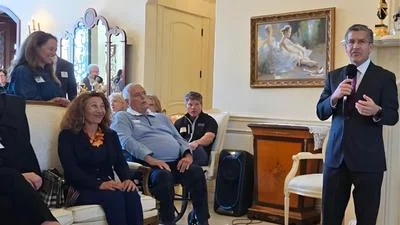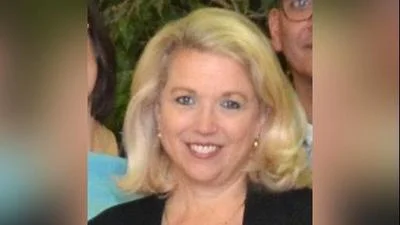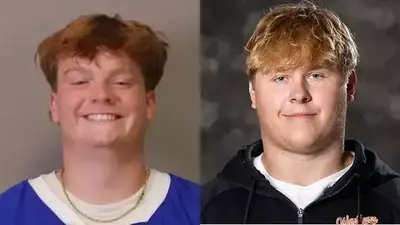To Schaumburg Village Board Trustee Mark Madej, maintaining the integrity of his community means everything.
“These cafes are unsightly and they can be predatory,” Madej told North Cook News of his opposition to video gambling in Schaumburg. “I’m not okay with the lounges and cafes; they’re just too intrusive, whereas if you have some gaming in a restaurant, it can just be an afterthought for people to drop a few coins."
Even with Madej’s opposition, Schaumburg trustees recently voted 4-2 in favor of removing the village's ban on video gambling. Madej admits he once stood in support of the measure, explaining that his change of heart came as the result of supporters of the proposal not being willing to go far enough to address some of his biggest concerns.

Schaumburg Board Trustee Mark Madej
| http://www.villageofschaumburg.com/
“During my reelection campaign, I said that I would consider having a discussion about legalizing gaming in the village,” Madej said. “One of the things that made me lean toward allowing it was to reduce the competitive edge with existing establishments surrounding the community that already have video gaming. We can stop people living in Schaumburg from going other places to gamble and at the same time create some revenue we can put toward addiction and some of the social services we have.”
Madej said things veered off course when other board members insisted on having language in the proposal that would allow for cafes to be part of the equation.
"I'm not okay with that," Madej said.
According to the Daily Herald, the Schaumburg plan proposes regulations that would allow existing hotels and restaurants with liquor licenses to have up to six machines after Jan. 1. New cafes would have to be 1,500 feet from any other gambling license holder and be a minimum 2,500 square feet in size.
Plans also call for the village to allocate up to half of its $500 annual fee per machine for the treatment of gambling addiction among residents and place all revenues collected from the fees in an arts and entertainment fund.






 Alerts Sign-up
Alerts Sign-up